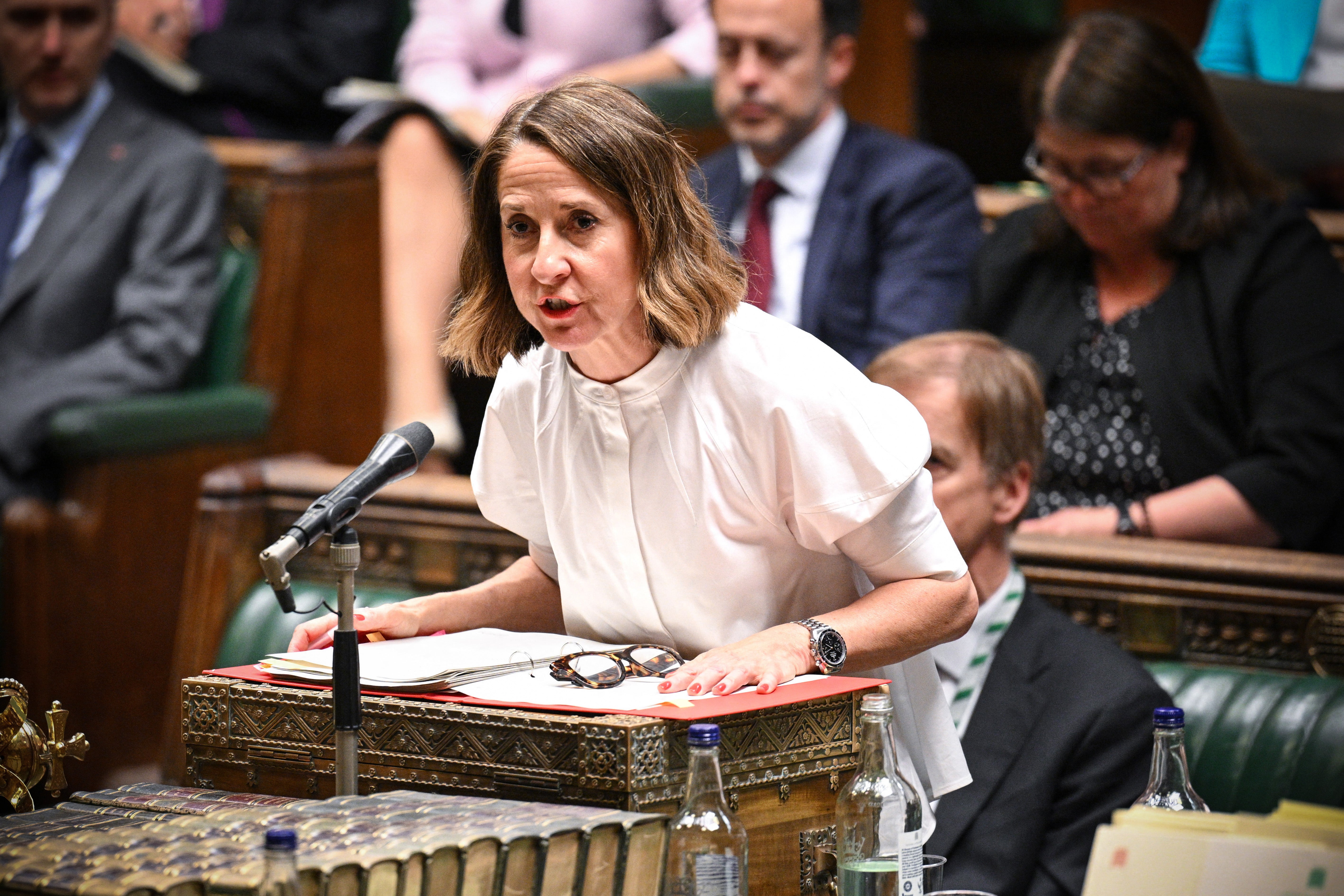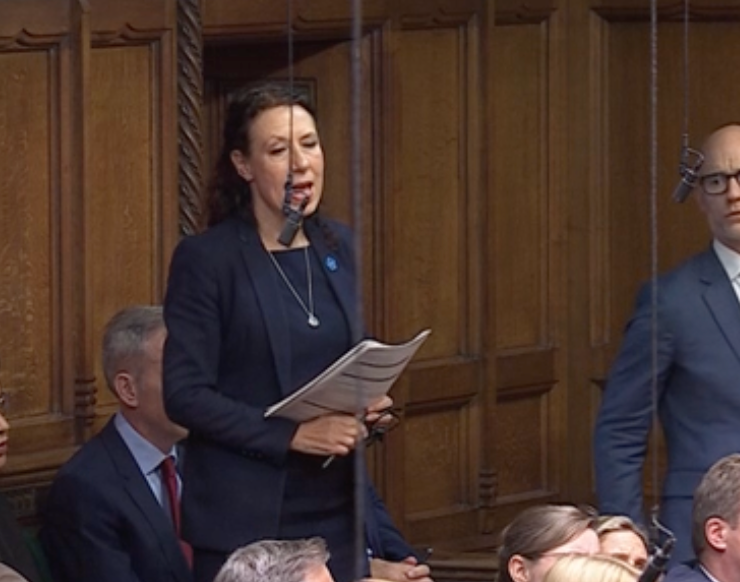Sir Keir Starmer still faces a damaging rebellion after ministers admitted that 150,000 people will still be pushed into poverty by benefit cuts.
With the prime minister’s authority on the line, his work and pensions secretary Liz Kendall unveiled amendments to benefit reforms on Monday in a bid to persuade Labour backbenchers not to vote down the bill in a crunch vote on Tuesday.
Outside the Commons, the plans were also strongly criticised by senior figures including Manchester mayor Andy Burnham and London mayor Sir Sadiq Khan. Mr Burnham said: “What’s been announced is half a U-turn, a 50 per cent U-turn. In my view I’d hope that MPs vote against the whole bill when it comes before parliament.”
Sir Sadiq said: “I think it drives too many people into poverty. It leads to a situation where those who need a safety net don’t have one. But also, I’ve met too many Londoners who have dignity, who do work, who through no fault of their own, need support from the state, and they’re really worried they’ll lose that.”
Education secretary Bridget Phillipson was forced to defend Sir Keir’s record, insisting he will lead Labour into the next general election. In an interview with The Independent days before Labour marks its first year in power, she also said government had its “ups and downs” and suggested better times were ahead.
More than 130 Labour backbenchers had signed an amendment that would have effectively killed the legislation, but ministers were hoping a last-minute pledge to protect current Personal Independence Payments (PIP) and other changes would end the rebellion.

Ms Kendall also promised a review into PIP, led by work and pensions minister Sir Stephen Timms.
But even before she spoke in the Commons, a government impact assessment confirmed that 150,000 disabled people will still be plunged into poverty under the watered-down measures – fewer than the 250,000 threatened by original plans, but enough to leave many Labour backbenchers angry and demanding that the “rushed” legislation is withdrawn.
Work and pensions committee chair Debbie Abrahams, one of the major architects of the rebellion, did not rule out voting against the bill.
Ms Abrahams, who negotiated last week’s concessions alongside Treasury committee chair Dame Meg Hillier, suggested a rift over what had been negotiated.
Although she described the concessions as “good”, Ms Abrahams said the rebels were “not quite there yet” on a deal with the government.
“The actual offer that was put to one of the negotiating team wasn’t actually what we thought we had negotiated,” she said. “There are some issues around that.”
As Ms Kendall’s statement on Monday was heard in almost complete silence in the Commons, a succession of Labour MPs took to their feet to vent their fury about the reforms and demand that the bill be delayed until after the Timms review was completed.
To add to Labour’s woes, Ms Kendall admitted that the benefit cuts would only save taxpayers £2.5bn – not £4.8bn as previously stated – posing new questions over how chancellor Rachel Reeves will balance the books.

As she spoke, More in Common published polling that revealed two-thirds of voters (63 per cent) did not trust Labour with disability benefits.
A Downing Street spokesperson earlier refused to rule out even more concessions as Labour backbenchers continued to pile on pressure.
Speaking to the Commons, a beleaguered Ms Kendall admitted there had been “real concerns” about the government’s welfare reforms, adding: “We have listened carefully, and we are making positive changes as a result.”
She went on to say: “We will now ensure the new four-point requirement will only apply to new claims from November 2026. This means no existing claimants will lose PIP because of the changes brought forward in this bill, and existing claimants of passported benefits like carers allowance will continue to get them too.”
Responding to claims this would create a “two tier” benefits system, Ms Kendall said: “I would say to the House, including members opposite, that our benefits system often protects existing claimants from new rates or new rules, because lives have been built around that support, and it’s often very hard for people to adjust.”
However, Sarah Owen, the Labour chair of the women and equalities select committee, warned that pressing ahead with the bill before the Timms review was completed “could lead to not just two tiers but three tiers.”
Among a succession of MPs demanding a delay to the legislation was Marie Tidball, a disabled Labour MP, who furiously attacked the government for a lack of engagement with disability groups.

She said: “This is not just about the process … the principle of fairness means disabled people have a legitimate expectation to be consulted, and in order to fulfil the Equality Act section 149 public sector equality duty.
“Why did the Department for Work and Pensions choose not to consult with disabled people on PIP proposals, and what work will her department do to win back the trust of disabled people?”
Ian Byrne, Labour MP for Liverpool West Derby, told the Commons: “These so-called concessions go nowhere near far enough and tomorrow will be voting against these cruel cuts. But I want to ask, could the secretary of state name a single disabled person led organisation that supports this legislation?”
Stella Creasy, the Labour MP for Walthamstow, warned that the proposals could “breach obligations from the United Nations Convention” on disability rights.
However, Calder Valley MP Josh Fenton-Glynn, a signatory of the rebel amendment, praised the minister for “listening” to criticisms.
